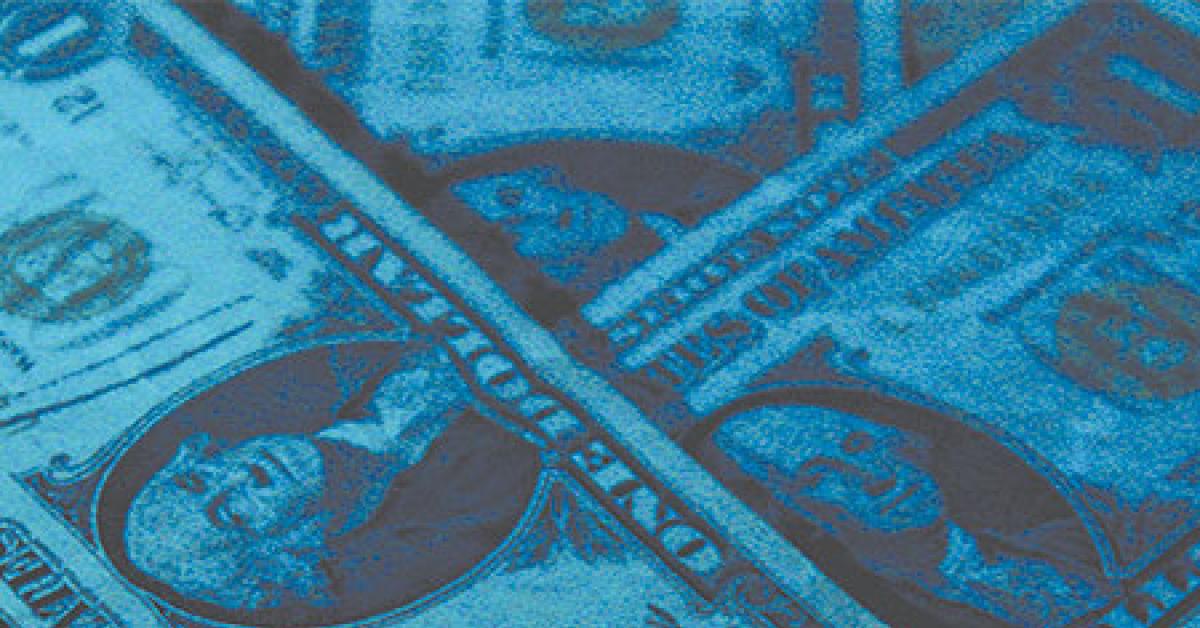PEMBROKE, Mass. — Often, in the rush of business, your accountant gives you the end-of-year results and you make out a check and that’s the end of it. Basically, you go along with whatever the accountant says.
Is this you?
It’s time to start asking your accountant pointed tax questions. Here are the first four of eight hypotheticals:
Question #1: “Why didn’t my company make more money?”
Answer: “Of course, it depends on your situation, but there are common scenarios:
“You didn’t make more money because labor costs are 45% of revenue, and that’s too high.
“You didn’t make more money because you drew too much money out of the business, both on the books and off, in order to minimize tax liability.
“You didn’t make more money because your capital payments are too high. That is, you’re over-leveraged. Between bank borrowing, buying new equipment and spending $150,000 to remodel, your finance notes are eating up profits.
“You didn’t make more money because your sales are not sufficient to cover overhead. You need to focus on expanding sales. Your profits are minuscule because you squandered money on harebrained schemes.”
Question #2: “Why can’t you conceal more of my profits?”
Answer: “You made money; you have to pay taxes on it. If we were to put down that your sales were $60,000 less than they actually were, this would create several imbalances.
“First, last year’s sales wouldn’t tally to this years. Second, what about next year. Do we increase the lie? Third, the ratios of sales to cost of goods sold and sales to production labor would be off. A tax auditor looking at this might suspect tampering with figures.
“The same with expenses. If I were to increase your marketing costs by $30,000, the exaggeration would be a dead giveaway. I would hate to be representing you in a tax auditor’s office, when he asks why marketing costs are so out of line, when they were only X last year.
“But, besides all that, what you are suggesting is fraud. I would be stripped of my license to practice. You don’t expect me to risk that, do you? Finally, by being honest and aboveboard, you can sleep soundly at night.”
Question #3: “What was new in the tax system in 2017 that helped my bottom line?”
Answer: “There are really no new provisions in the tax code that apply to you. Mileage allowance went down from .54 cents to .535 to reflect relatively low gas prices. Section 179 Depreciation deduction remains at $500,000. On the other hand, all indices of personal taxes — standard deduction, exemptions — have increased a bit to slightly reduce your personal taxes, but basically the same tax code exists that churned out last year’s taxes.”
Question #4: “What are you doing to lower my taxes?”
Answer: “I gave you a home office deduction, because you do some administrative work at home and have a designated space for it, even though you have an office at your place of business.
“Because home office deductions are so common these days, I thought the deduction is reasonable. That resulted in a $4,000 expense.
“I used Section 179 to take all this year’s capital purchases, which totaled $18,000 off this year, which reduced profits much more than if I had depreciated it over the expected life of the seven-year life of the asset.
“I used Actual Costs of your four vehicles — gas, repairs, insurance, truck payments — rather than Standard Mileage rate (.535 per mile) because Actual came out higher, especially with all your repair bills.
“In Travel, Meals and Entertainment, I included all your meal and entertainment expenses. In Other Expenses, I included several items that weren’t strictly business related, like newspaper and magazine subscriptions, professional organization dues, and education costs, under the theory that these all help you do your work. In total, all the above provisions lowered your tax liability by $2,500.”
Further explanation on lowering taxes:
“A home office is allowed as a business deduction if you have a space at home where you do some administrative work, like paying bills, and use the space regularly and exclusively for business.
“Depreciation covers asset cost. Section 179 allows you to take the full amount of the purchases, up to $500,000 in the year of purchase. Car and Truck Expenses can be figured through either Actual or Standard Cost on a per mile estimate, whichever is higher.
“Travel, Meals and Entertainment includes all expenses such as taking out customers to dinner or treating employees to a company outing. Other Expenses includes any of the miscellaneous expenses, which helps the owner do his work.”
Check back Thursday for the conclusion.
Have a question or comment? E-mail our editor Dave Davis at [email protected].

